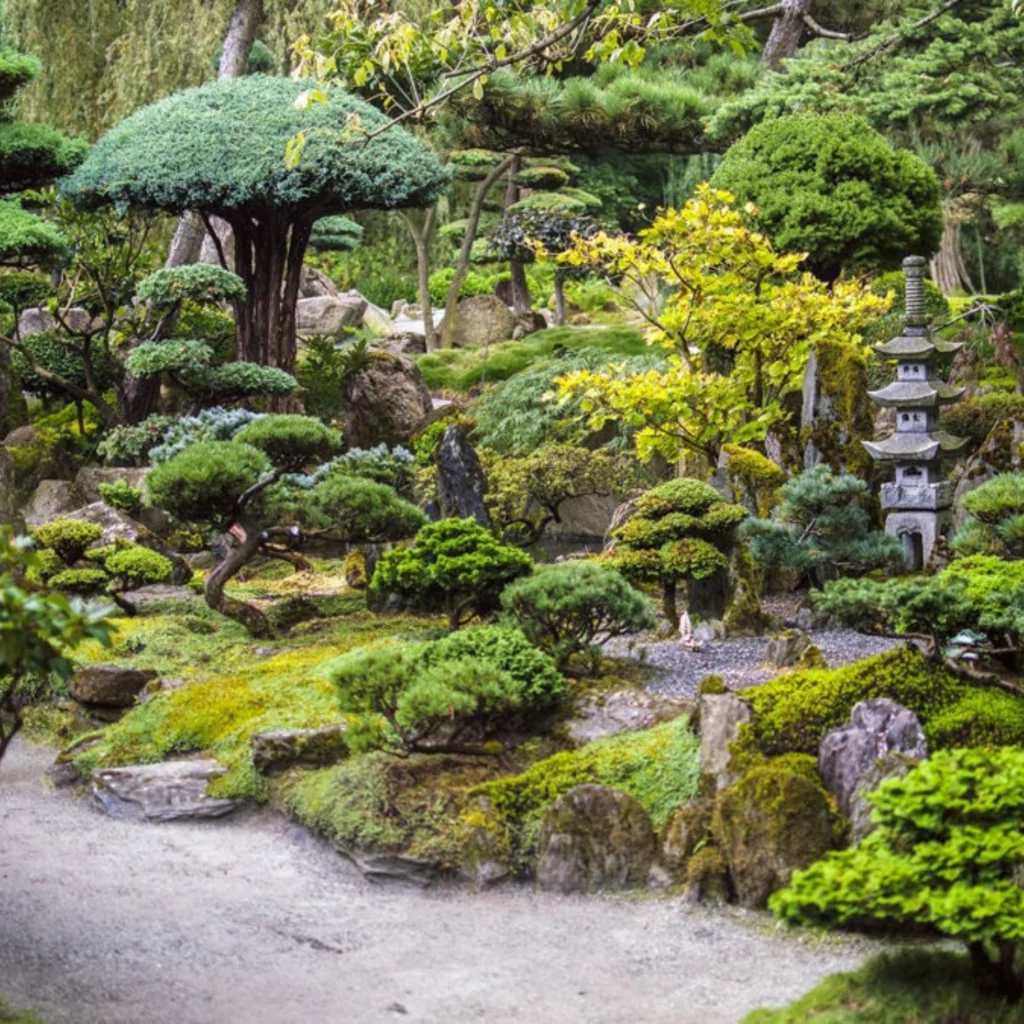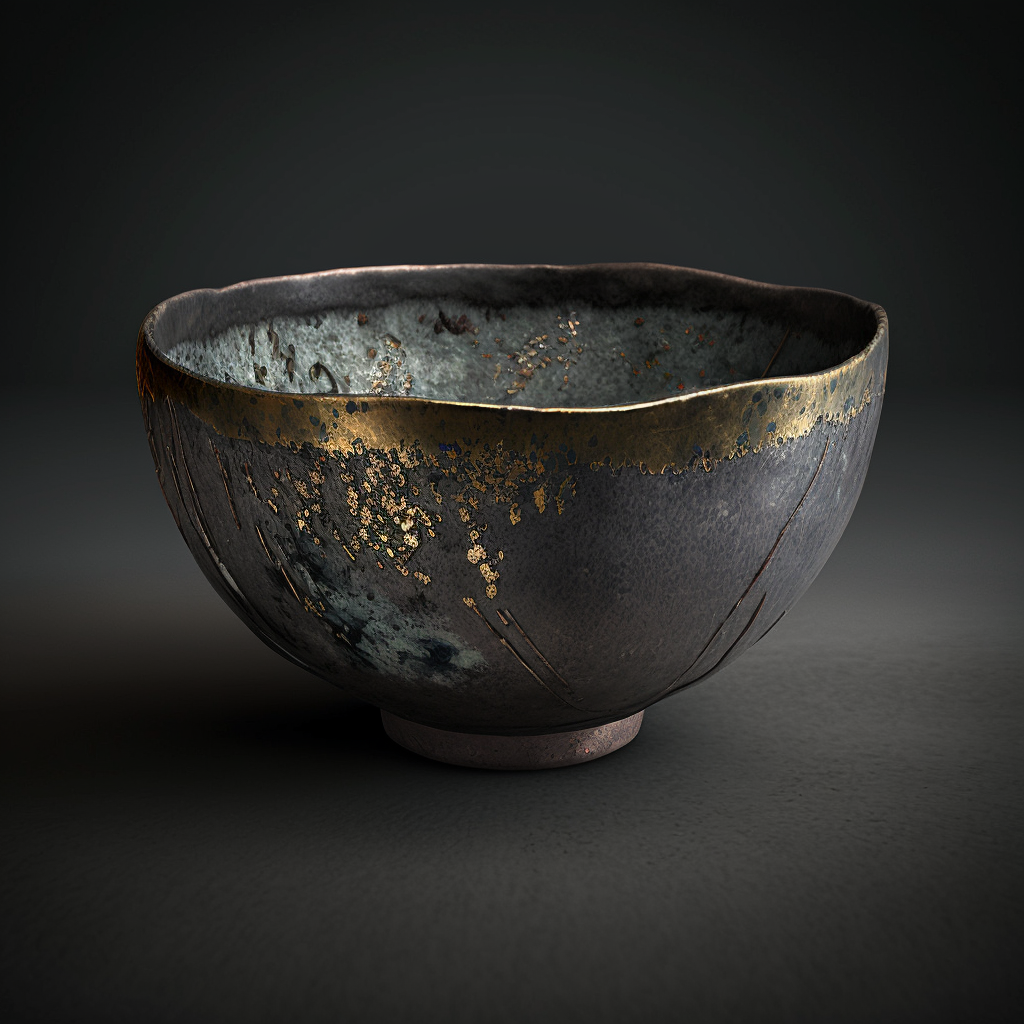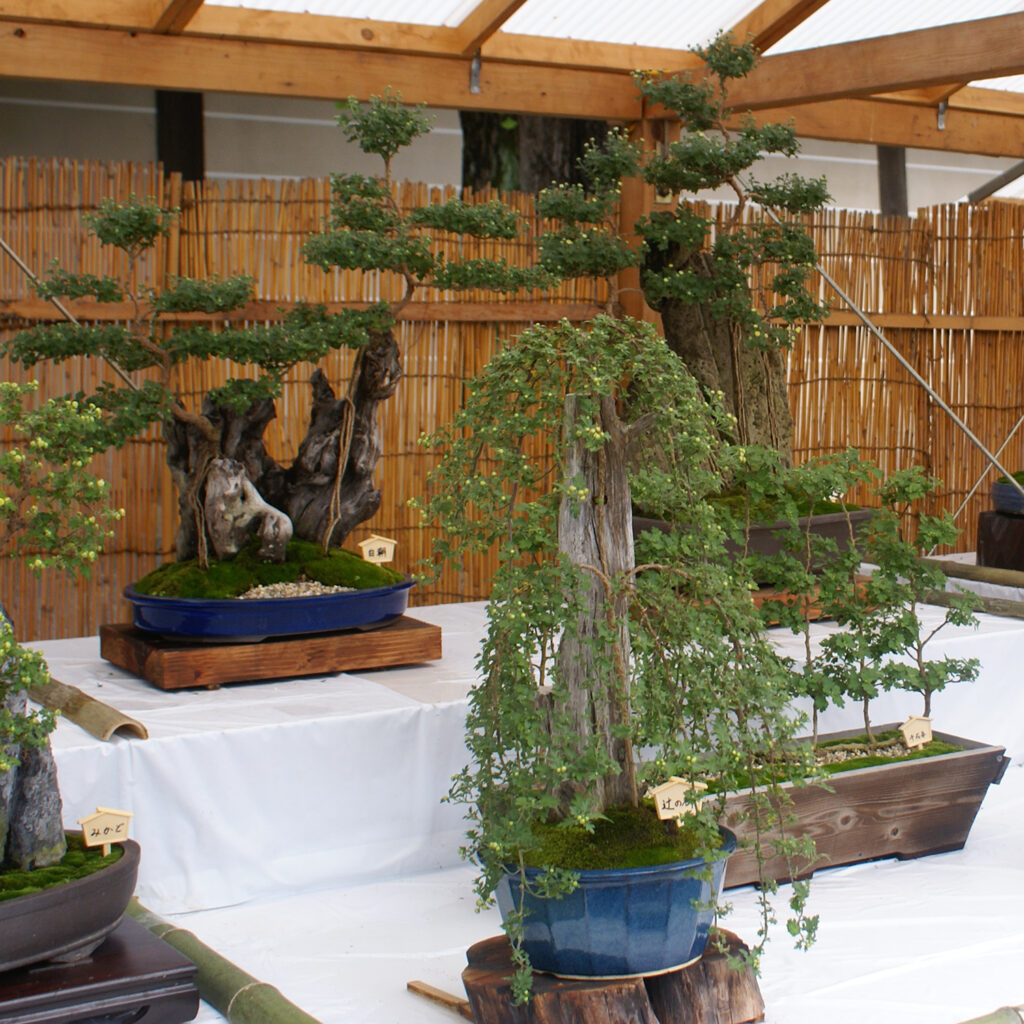The garden of Zen, also called garden sec or karesansui in Japan, is bien plus qu’un simple espace de verdure. Il s’agit d’une véritable œuvre d’art, conçue pour incarner la tranquillité, la réflexion et la meditation. Originaire du Japon, the garden zen puise ses racines dans le bouddhisme zen. This is a courageous spirit that values the simplicity, contemplation and harmony with nature.
Histoire et origine
The concept of the garden dates back to the Middle Ages in Japan, notamment au XIVe siècle, during the Muromachi period. In this époque, les monines bouddhistes, en particulier ceux du courant zen, ont commencé à concevoir ces jardins comme des espaces dédiés à la méditation. Inspired by Zen philosophy, these gardens are distinguished by their minimalism. Mais also uses natural materials such as pierres, sable and mousse. The Japonais selects and arranges the elements of the garden to represent the aspects of nature. These elements are invited to reflect the interior.
Les éléments clés d’un jardin zen
A jardin zen se compose de plusieurs éléments fondamentaux qui symbolisent différents aspects de la nature et de l’univers:
- Les pierres</ strong> : On the dispose of manière à représenter des montagnes, des îles ou des animals. The disposition is not jamais aléatoire, with pierre ayant a signification symbolique profonde.
- Le sable ou le gravier: Ratissé de manière à créer des motifs ondulés, le sable symbolize l’ eau. Les lignes douces et courbes évoquent les vagues de l’océan ou le courant d’une rivière.
- Les mousses: On les utilise souvent pour représenter la végétation dans un garden zen. The mousse adds a touch of green and softness. Cela créé un contraste avec la dureté des pierres et du gravier.
- Les lanternes et ponts: On ajoute parfois ces éléments pour accentuer the esthétique du jardin. It symbolizes the éclairage spirituel or the passage of an état de conscience à un autre.
- L’eau: Bien que les jardins zen traditionsnels soient souvent secs, certains intègrent des aquatic elements. Comme des bassins ou des ruisseaux, pour renforcer l’aspect méditatif et apaisant du lieu.
Signification et usage
The jardin zen n’est pas simplement un espace décoratif, mais un tool for meditation and reflection. The simplicity and minimalism of the garden encourages the spirit to remove the distractions of the world outside. Ils permetettent de se concentrer sur l’essentiel. En observe the motifs of the sable, the forms of the pierres and the disposition of the elements, to invite the visitor to contemplate the impermanence of the vie. May also be the interconnection of everything chosen and the beauty of the simplicity.
In the Japanese culture, the Buddhist monks used the Zen garden. You can practice “zazen”, a form of meditation practice. Cependant, it is also open to all those who have a moment of calm and serenity. Que ce soit pour méditer, lire un livre ou simplement se détendre, the jardin offers a refuge paisible loin de l’agitation du quotidien.
Créer son propre jardin zen
Pour ceux qui souhaitent apporter un peu de cette sérénité chez eux, il est possible de créer un jardin zen. And here it is in a restricted space. On this transformer a small coin in a cour, a balcony or similar to an interior space in a zen garden. The essence is to respect the principles of simplicity, equilibrium and symbolism.
Voici quelques étapes pour créer votre jardin:
- Choisissez un emplacement calme: It is important that the jardin is located in an endroit où you pouvez vous détendre et échapper aux bruits extérieurs.< /li>
- Sélectionnez les matériaux: You also need to have pierres, de gravier or de sable, de mousses. Et vous pouvez mettre, éventuellement, de smalles plants or éléments décoratifs comme une lanterne.
- Disposez les pierres with intention: Chaque pierre doit être placée avec soin. The tenor compares the symbolism and the visual effect of research.
- Ratissage du gravier: Use a rat to create the motifs in the gravier or the sable. These motifs represent the vagues or the cercles autour des pierres.
- Entrancenez régulièrement: A garden zen demande un entretien régulier pour préserver son esthétique et maintenir son rôle méditatif.
Conclusion
The Zen garden is an invitation to contemplation, inner peace and connection with nature. Whether you are a follower of Zen Buddhism or simply looking for a space of serenity, this type of garden offers an ideal refuge to recenter and meditate. By integrating the principles of the Zen garden into your daily life, you can create a space that promotes mental and spiritual well-being.





